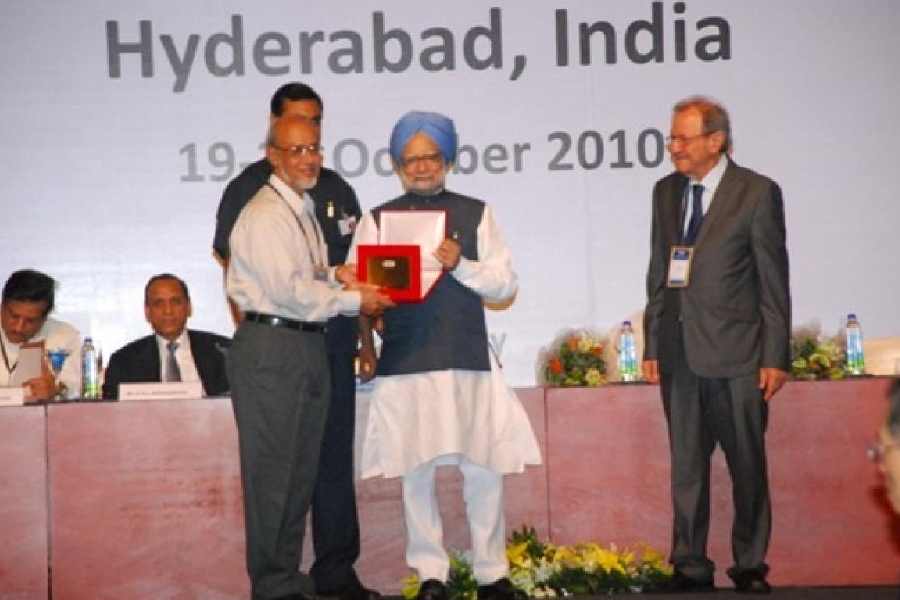Ex-PM Manmohan Singh Urged Nation’s Talented Youth To Pursue Science For Its Own Sake

A speech given by India's former Prime Minister Manmohan Singh at a science award ceremony 14 years ago, has once again highlighted the significance of scientific research and its potential to drive growth. Singh had advised awardees, including renowned scientists like Partha Pratim Majumder, to make the nation proud through their work.
Singh's commitment to science, education, and the country was evident during his two terms as Prime Minister, where he established around 50 institutions, including five Indian Institutes of Science Education and Research, eight Indian Institutes of Technology, and seven Indian Institutes of Management. This second phase of India's post-independent science ecosystem drove growth between 2004-2014.
Formerly C.D.S.C. director-General Raghunath Mashelkar credited Singh for giving the go-ahead to new institutions in states that lacked them previously, thereby opening up opportunities for economically disadvantaged communities.
Singh also emphasized on supporting science and technology to drive sustainable growth equitably. L.S. Shashidhara, National Centre for Biological Sciences Bangalore Director, noted the importance of this support while observing that Indian initiatives under Singh’s rule have garnered significant global recognition in both academia and industry.
Partha Pratim Majumder, former director at the Kalyani-based, National Institute of Biomedical Genomics and a recipient of The World Academy of Sciences award from Singh in 2010 said he is still struck by his observations about scientists. He noted that pursuing science for its own sake should be encouraged as true knowledge-seekers drive the pursuit.
Unfortunately, Majumder noted a decline since then with our present-day support framework discouraging individual drives and supporting mainly utility driven purposes.
While Singh’s legacy continues, India's scientific ecosystem has since undergone changes reflecting differing priorities within current generations.
